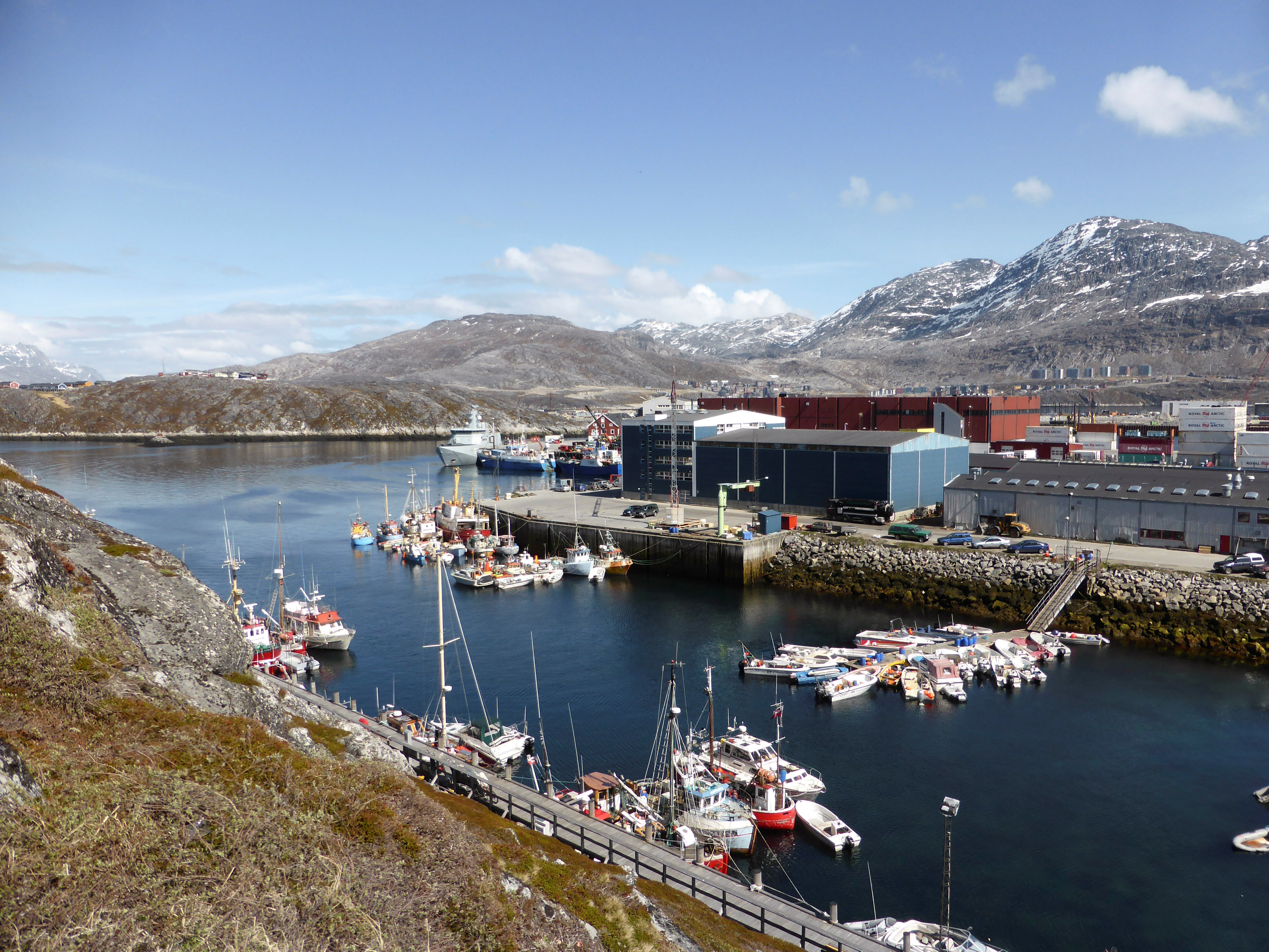Citing confidentiality concerns about Greenland government, Australian mining company withholds details of deal with Chinese firm

Australian miner Greenland Minerals and Energy has refused to turn over information about a recent deal with a Chinese firm due to a lack of confidence in Greenlandic authorities’ ability to keep sensitive corporate information a secret.
“We have little confidence in the Greenlandic government’s ability to maintain and protect the confidentiality of documents that, under Australian law, must remain private and confidential between GME and Shenghe,” wrote John Mair, GME’s managing director, in an email to mining authorities earlier this month and obtained by Sermitsiaq, a Greenlandic newspaper published by The Arctic Journal’s parent company.
Mair declined further comment, but obtaining the documentation would also require the permission of Shenghe Resources, a partly state-owned Chinese rare-earths miner.
GME, which is seeking to open a combined rare earths and uranium mine at Kvanefjeld, in southern Greenland, was asked to turn over documentation relating to an agreement announced earlier this month with Shenghe Mining, after discrepancies emerged about the terms of the deal.
According the announcement filed by GME with the Sydney stock exchange, the agreement involves Shenghe obtaining a 12.5 percent share of the firm. Shenghe’s announcement, issued only in Chinese, goes further into detail about the agreement, noting, for example, that, in addition to the current purchase, it also has an option to request to buy a total of 60 percent of GME shares once operations at Kvanefjeld are up and running.
Greenlandic authorities are mostly interested in the details of the option. However, they underscore that the two companies do not need approval for a sale of a minority of GME’s shares, or even to agree that Shenghe has an option to purchase a controlling stake. However, should control of GME, or its permission to operate in Greenland, change hands, it would require Nuuk’s approval.
Looking at the contract before Shenghe made use of its option would give mining authorities an idea of whether they need to be prepared to approve a takeover at some point. Likewise, authorities in Copenhagen, which retains control of Greenland’s foreign relations, would also be keen to find out whether a Chinese firm was in position to take control of a mine that produced two strategic minerals.
Jørgen Hammeken-Holm, the deputy mining minister, added that the outcome of the dispute was likely to shape the relationship between Nuuk and GME, which has been working to develop Kvanefjeld since 2007, and must still submit a review of its environmental impacts before it can obtain approval to begin operations.
“If they don’t give us the agreement, we’re going to have to look at whether it should affect their relationship with us,” he told AG, a Greenlandic newspaper published by The Arctic Journal’s parent company.
“I’m certain we’ll get the information. We’re going to be adamant about being able to see the documents – of course with a guarantee they will be kept confidential.”